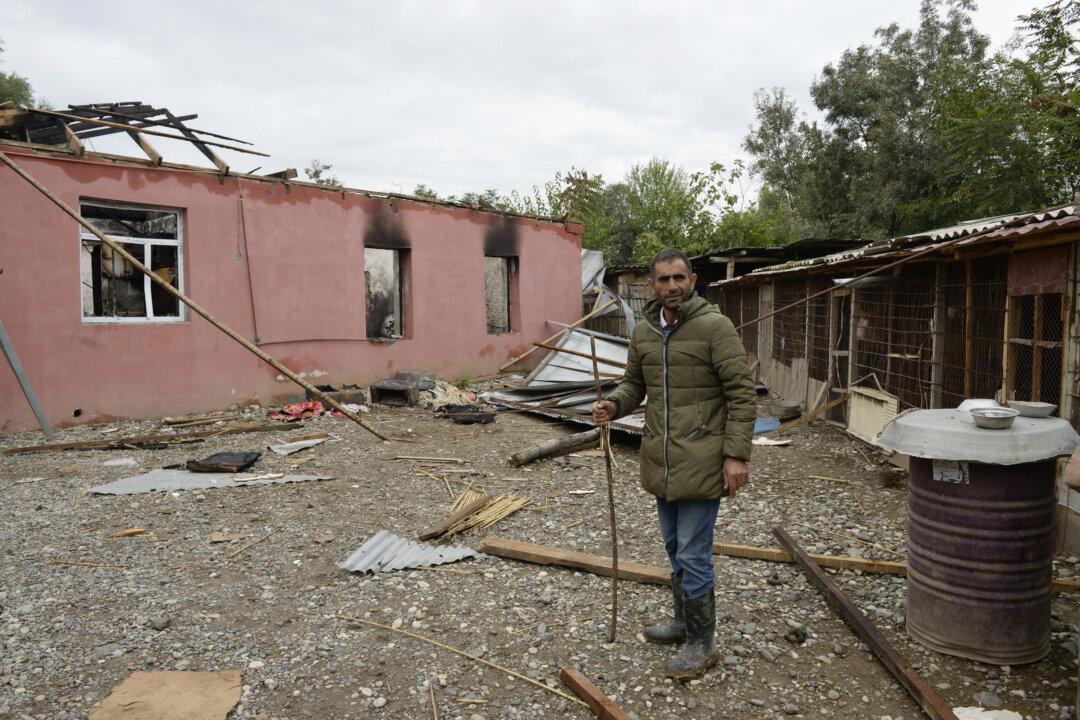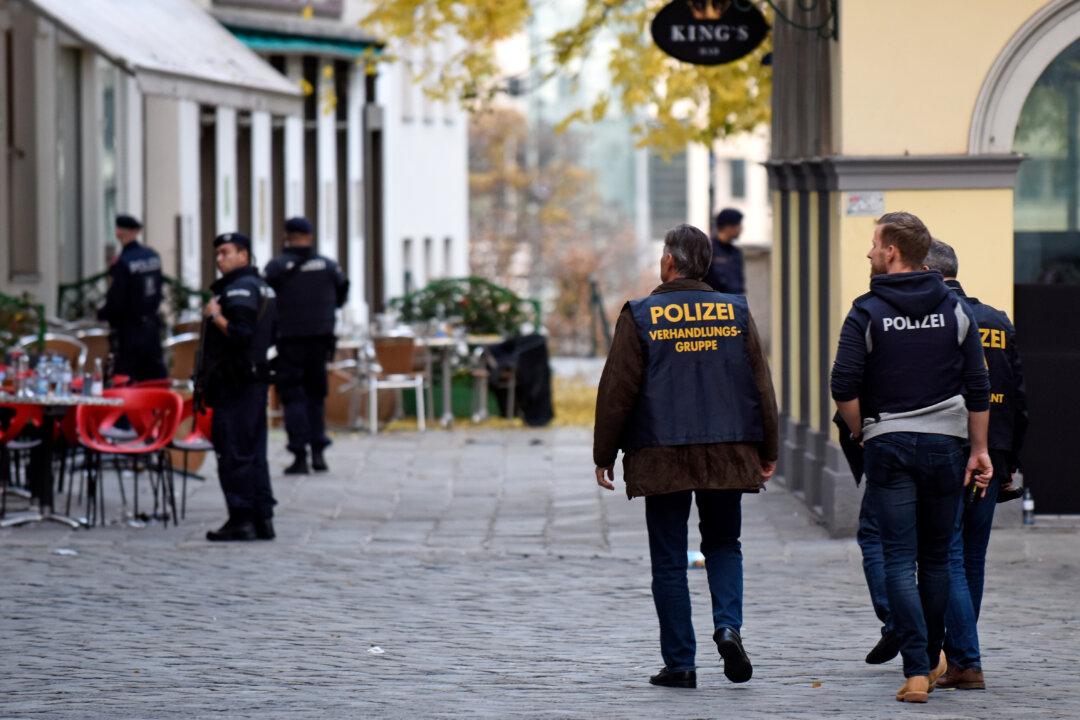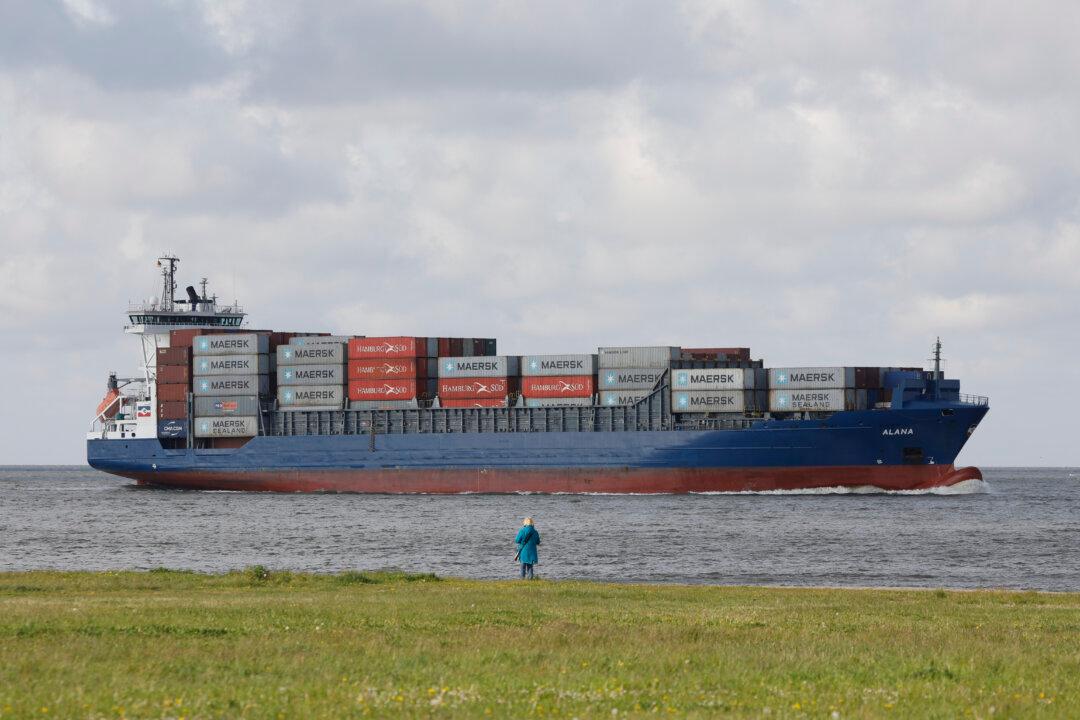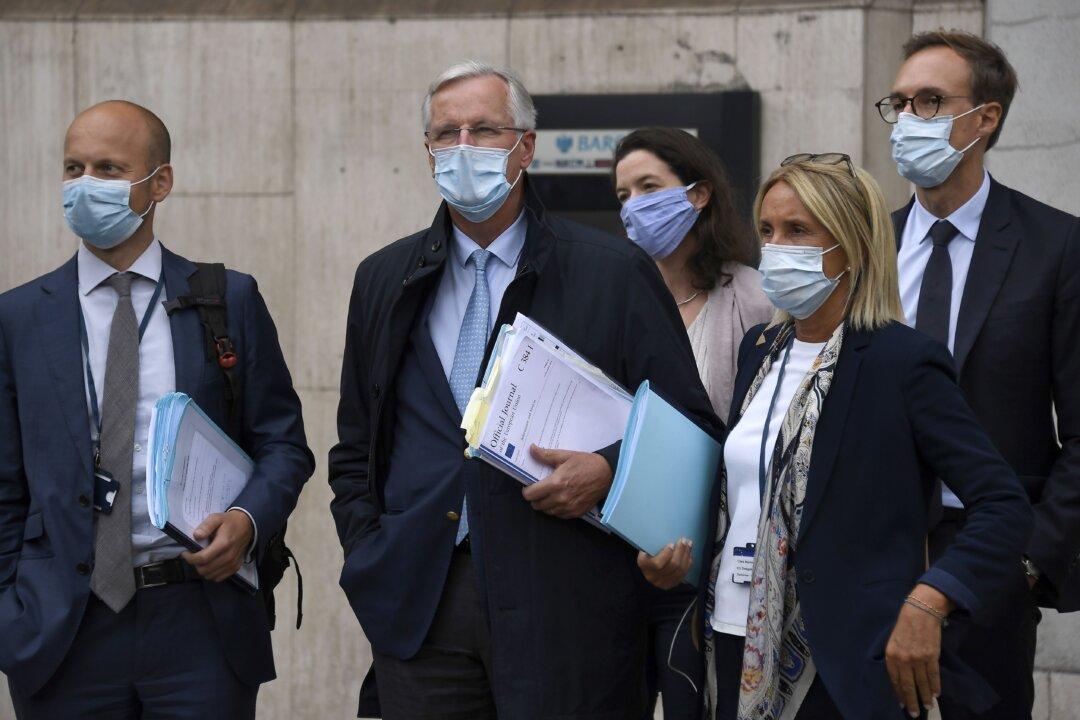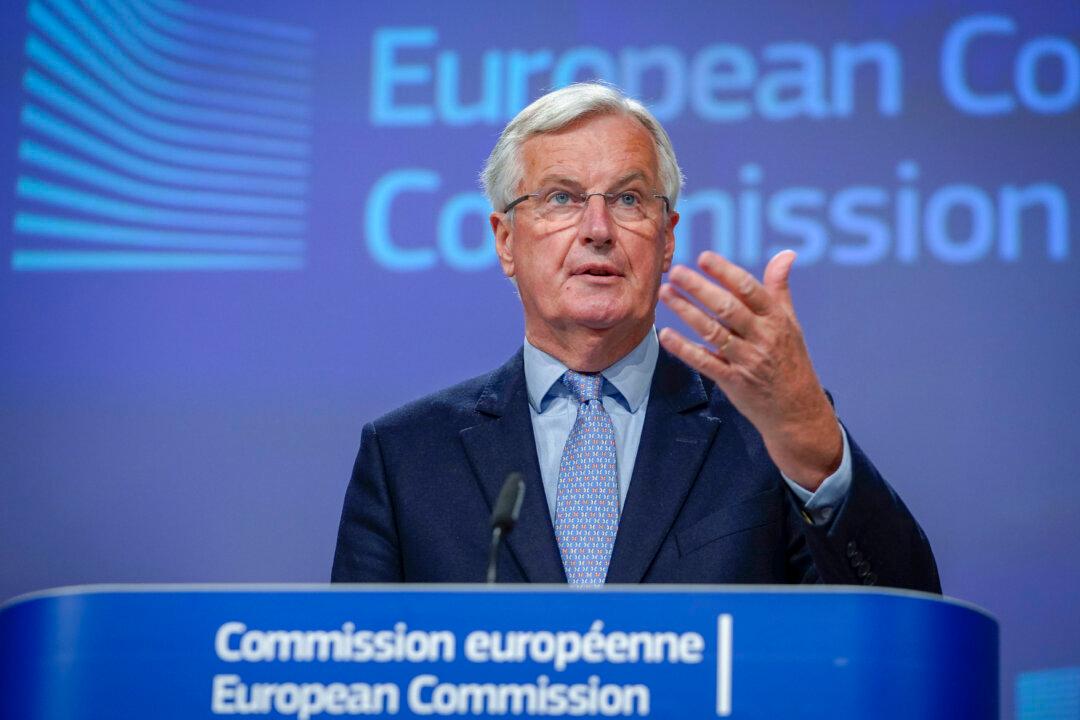BRUSSELS—European Union lawmakers have called on leaders of the bloc to hit Turkey with sanctions for what they call Ankara’s destabilizing role in the escalating war between Azerbaijan and Armenia.
Members lined up to condemn Ankara’s actions, calling for the EU to follow Canada’s lead by applying an arms embargo on Turkey, and they said accession talks with the country about joining the bloc should be suspended. Ottawa said this week it’s suspending military export permits to Turkey, while investigating allegations that Canadian technology is used in drones Turkey supplies to Azerbaijan.
